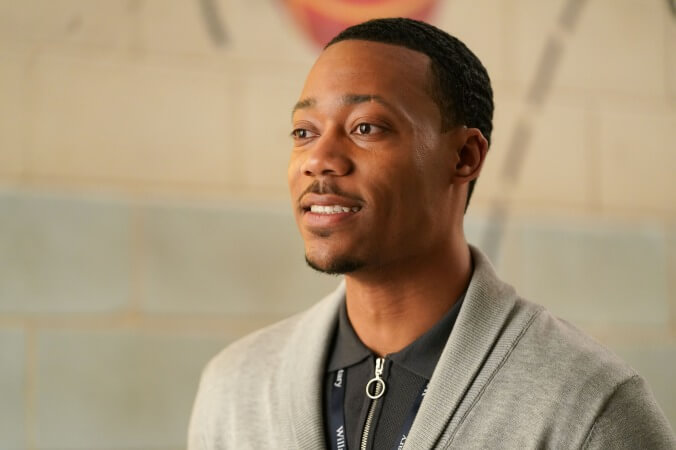Abbott Elementary has the perfect opportunity to explore autistic-coded characters
Before the ABC sitcom starts season three, we consider its potential for some overt autistic representation

Since its debut in 2021, Abbott Elementary has managed to tackle issues related to class, race, and even the complexity of charter schools’ influence on education—and all without sacrificing its commitment to character development and ability to find humor in the public-school system. The sitcom has even shown characters making accommodations for specific disabilities: In the season-two premiere, Jacob converses with a student in ASL and Mrs. Howard finagles an ADA-compliant solution for a wheelchair-using student to sit comfortably at a desk in her classroom. One thing the show hasn’t touched on, however, at least explicitly, is neurodiversity (you know, autism, ADHD, typical brains—all the brains). But with Gregory on the scene and a third season kicking off February 7 on ABC, the series has a perfect opportunity—even a responsibility—to explore diversity in human cognition. Why? Because our pal Gregory is autistic-coded.
There are threads online and YouTube videos suggesting that Gregory is autistic, and this isn’t even the first article to insist as much. I found this on Reddit, after noticing his fairly clear autistic traits in multiple episodes, compelling me to type “gregory abbott elementary autistic” into my browser to see if I was imagining things. Nope. The traits are there, and it has been pretty validating for many autistic viewers to behold. For one thing, he doesn’t like pizza, claims to only like five foods (one of which is plain-ass boiled chicken), and has aversions to slimy and textures and hot fruit (i.e. pie).
He also relies on analysis and over-preparation to understand the world and thinks in the most literal of terms, most noticeably when he’s planning out the school year with various charts and diagrams to come up with a way to implement the district’s every instructional mandate, neglecting the human element in all of his calculations. He has to come up with a way to do what the district wants, just like he has to step in and fix the garden when his colleagues aren’t caring for it properly, simply because he can’t tolerate things being done incorrectly when he knows there’s a “right” way. And he misses so many social cues, especially when it comes to Janine. She often has to help him, as she does when he can’t understand 1) the very need for classroom decor, and 2) that his students have been presenting him with adoring drawings of him all year. (He just can’t recognize the rudimentary figures as people.)
One distinct thing about Gregory’s portrayal is that while his autistic traits are sometimes played for laughs and can raise eyebrows among his colleagues, they are consistently met with compassion and support. Miss Howard steps in when he’s in chart-making mode to gently draw his focus to circumstances that might screw up his plans, and Janine walks him through the conventions of kid art when he can’t see himself in his students’ drawings (i.e. circles for heads, banana-looking fingers, etc.). They accommodate him, but he has also done an excellent job accommodating himself. He has been undeniably successful in his career aspirations. Let’s remember that his quest to become principal was only foiled by Ava blackmailing the superintendent. He was next in line for that job.
